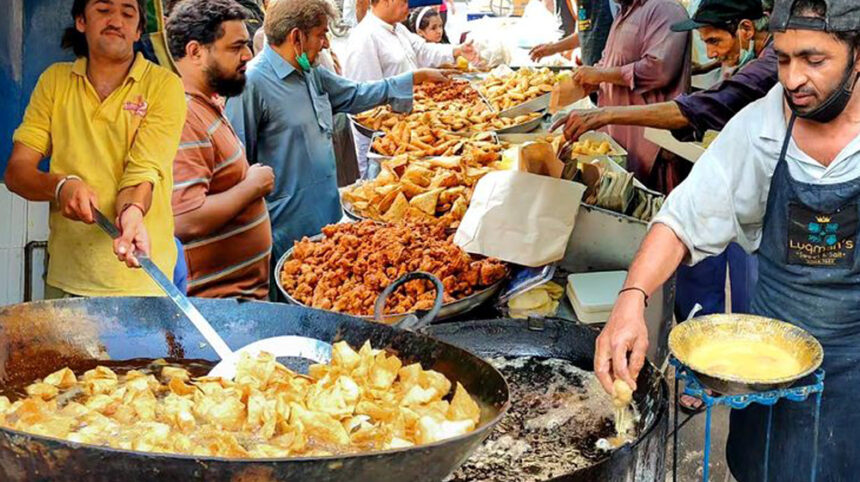Health professionals have cautioned that warming oil repeatedly to fry popular iftar foods during Ramadan has major health concerns. Trans fatty acids are created during the reheating process, which can raise the risk of cardiovascular disease, breast cancer, prostate cancer, and other illnesses.
Trans fatty acids have been associated in studies to heart disease and stroke. When preparing foods for iftar, experts advise against using oil that has been frequently reheated. To lower the risk of heart disease, they should instead dump the oil after two to three frying cycles.
Also, consumers are cautioned against buying iftar meals from stores because these delicacies are typically prepared using low-quality oil that contains trans fats. Trans fat consumers have a twofold increased risk of having a heart attack or stroke compared to non-consumers.
Shop owners, bakers, confectioners, and sellers typically serve iftar meals prepared in frequently reheated oil in markets. Nevertheless, this issue has received little attention from the appropriate government bodies, endangering the health of the populace.
Making healthy dietary decisions and putting one’s health first throughout Ramadan are crucial. To reduce the health concerns connected with trans fats, people can choose healthier cooking techniques and use fresh oil.







